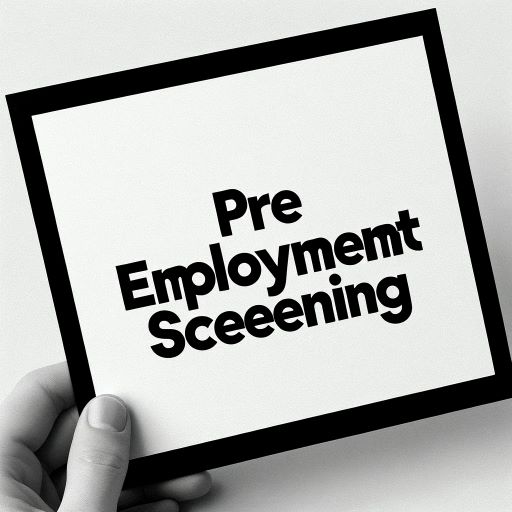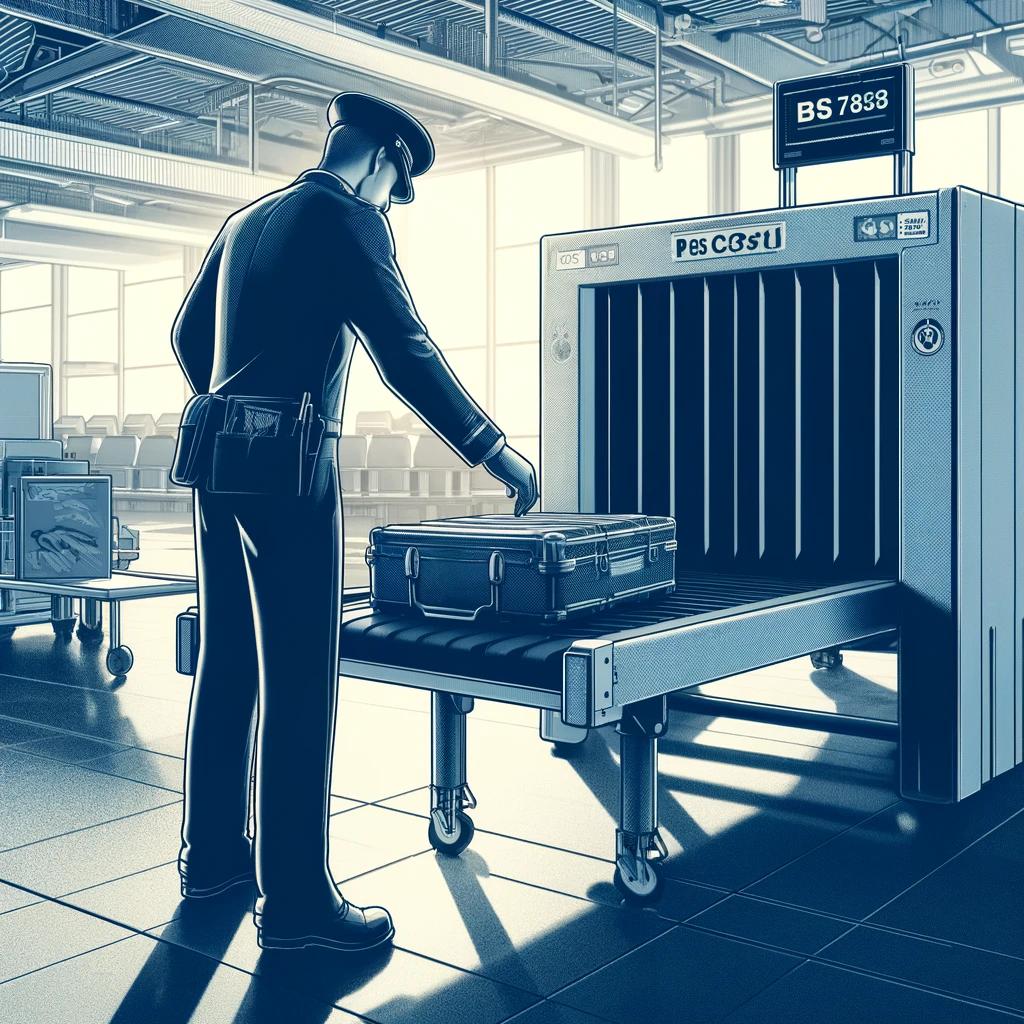
bpss clearance how long does it last
>Does Bpss count as security clearance?
These components collectively contribute to a thorough assessment of an individual's background, aiding organizations in making informed decisions regarding their suitability for roles requiring access to sensitive information.
The identity verification process is a crucial part of BPSS checks. It requires individuals to provide valid, government-issued identification documents, such as a passport or driver’s license. This step ensures that the candidate is who they claim to be and helps prevent identity fraud.
While the typical duration for a BPSS check ranges from two weeks to a month, it's important for both employers and candidates to be prepared for variations based on the factors discussed. Employers should manage expectations and provide candidates with as much information as possible about what to expect during the BPSS clearance process to ensure a smooth and efficient vetting experience.
bpss clearance how long does it last

